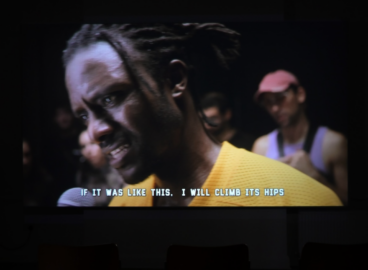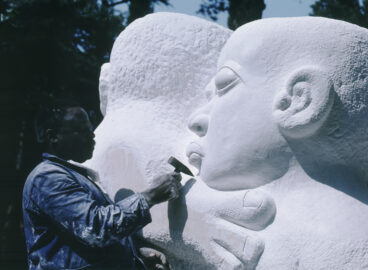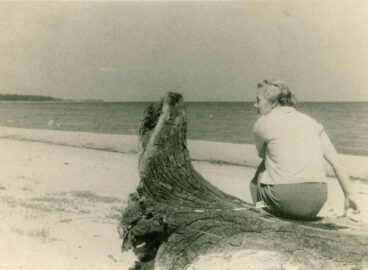“My work is very modest,” wrote Branko Vučićević in 1966, in response to George Maciunas’s invitation to participate in Fluxus projects. “It consists of actions performed in everyday life, which should remain anonymous, non-repeatable and not recorded.” Regardless of his initial restraint, the Serbian scriptwriter and film critic did author a Fluxus-spirited manifesto “Down with Art, Long Live Life!,” in which he proclaimed that “Fluxus should be interested not in artist, but in man.” He also disseminated Fluxus materials he received from New York across the Yugoslav art scene. In this interview conducted during a C-MAP research trip to Belgrade in the spring of 2012, Vučićević speaks to Jon Hendricks and Gretchen Wagner about both art and life.
Part 1: “I am a conservative in the matter of art.”
Branko Vučićević introduces his engagement with art and film since the 1960s, his preoccupation with the prewar avant-garde, and his general artistic sympathies. Vucicević also explains how he first encountered Fluxus and started his correspondence with George Maciunas.
Part 2: “Everybody encountered John Cage at some point.”
Branko Vučićević discusses meeting John Cage during Cage’s visit to BITEF (the Belgrade International Theater Festival) in Belgrade in 1972.
Part 3: “Mixed Media” book
In 1970 the “Mixed Media” book was published in Belgrade. Branko Vučićević designed the layout of this unusual publication. Here he describes his collaboration with the author Bora Cosić.
Part 4: “It was not like I was being recruited to the US Army.”
Answering the question about his engagement in Fluxus, Branko Vučićević describes himself as “an interested observer” of the actions by George Maciunas and Maciunas’s network.



